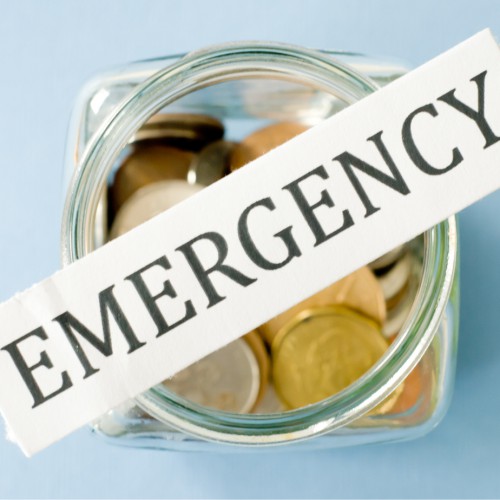South Africa is a buy-now, pay-later society. The effects on young people’s financial literacy are thus characterised by the same behaviour patterns as parents and society. These are high credit and high consumer behaviour with very little savings, and in turn high social risk behaviour. Money Savvy is working to change this disastrous pattern.
The last year has been really challenging not just for me but for many people across the globe. For the first time in my lifetime, we have experienced a global epidemic. We heard and still hear statements like “No work no pay”, “Salary cuts”, “closure of many small businesses”, “This virus is here to stay”.
None of us could have predicted this global epidemic, but we can plan for potential financial threats in our own lives. If we can recognise what some of those threats could be, we can mitigate the risk from affecting our financial future if we plan correctly. Insurance and savings have protected me and my family from the global threat we are facing. For me like most small businesses in SA when we went into our first hard lock down all my worked came to a grinding halt and all my live workshops were cancelled with immediate effect.
The impact on my finances was dire. I had 3 months where Money Savvy made no money at all. Luckily my advertising agency picked up the slack 4 months later. If I did not have savings in the bank I would have been evicted and probably lost my car. I did have savings and managed to make it through the tough months without too much stress.
I cannot stress enough the importance of having an emergency savings account. My suggestion would be that you have 12 months’ worth of living expenses saved up. You never know what life is going to throw at you, but you can plan for the worst and hope for the best.
Here are some tips on starting your emergency saving fund:
- It’s never too late to start saving
- It’s never too little. Start with what you have
- Set up a saving pocket and automatically transfer money into that account when you get paid monthly.
- Pay yourself first before paying bills and paying off debt
- Add saving into your budget each month
- Try and save a minimum of 10% of your total earnings
- Track your spending. Instead of buying coffee on the way to work, make coffee and take that R 20 you would spend each day and put it into your savings account. If you did that for a whole year you would have managed to save R 5,400. Ask yourself….is that coffee worth it?
MSK is revolutionising the way financial knowledge is disseminated to younger generations of South Africans. It infuses our clients with the problem-solving and critical thinking skills they need to make financial decisions now and, in the future, using the analytical skills they learn through the program.
Kathryn Main






